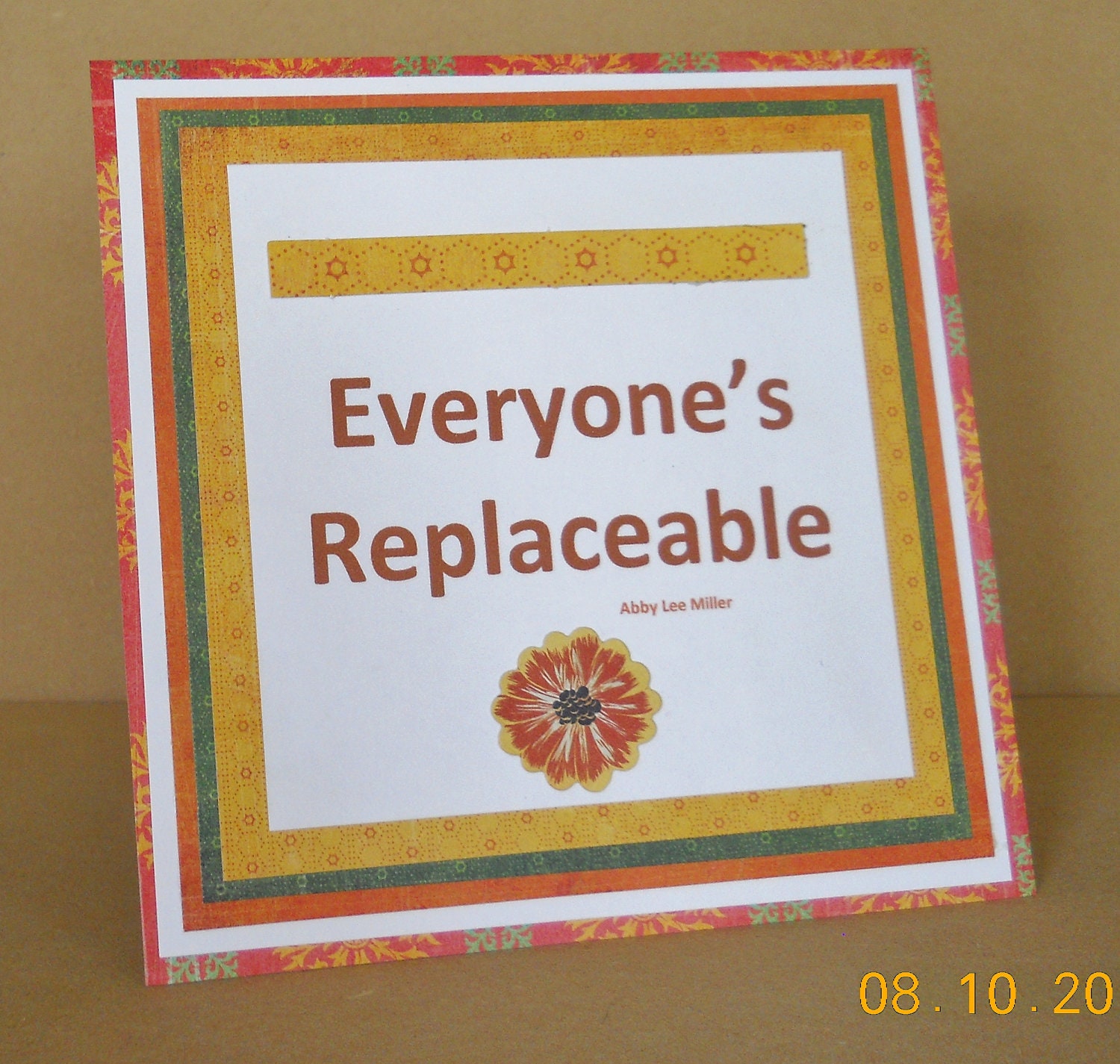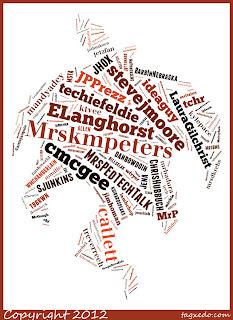We are doing a book club with our 2nd and 3rd year teachers in our district and reading the book Never Work Harder than your students.
Chapter 3 could be summed up as:
If you don't believe in yourself, who can you believe in?
Some of the main Take-aways I have from chapter 3 are as follows:
- We drag kids through curriculum
- We need to look at the expectations we have for ourselves before we can expect things from kids
- The difference between the expectation and the standard is:
- Standard is the bar
- Expectation is your belief that the students can reach the bar
- Just because you raised the standard doesn't mean that you have also altered your belief that kids can reach those standards.
- If you believe students won't meet the standard, then that belief will play out in your classroom.
- An expectation is the confidence that something will happen
An expectation is what you get when you multiply the probability of an occurrence and the value of that occurrence.
- Beliefs are what we think is true
- Values are what we think something is worth
- Our expectations are the intersection between what we believe about our teaching situation and our own abilities to handle it and what we believe is important.
- Blind belief in our own talent
- Bet to take anything and turn it into something better
Teachers go to work believing they will end up with a masterpiece, not because the raw material they are working with has some innate potential but because of the power of their own ability to create a masterpiece.
It's about you...
- Students pick up on our expectations fairly quickly. They then formulate judgements about the kind of teacher we are and decide how hard they will work in our classroom
- If we believe in the student, we will pull out all the stops.
- If we are not confident in our ability, we will lower our expectations
- lowered expectations is a self-protective measure
- You want to raise expectations of your students, you first have to raise your expectations of yourself
- Rather than focus on the problem, focus on how to solve the problem
Stockdale Paradox
- Optimism creates despair
- Never confuse faith that you will prevail in the end with the discipline to confront the most difficult of reality.
Have faith in yourself
- If we believe what we are doing is important, we are more likely there is a way to prevail
- Faith based on your ideals, what you believe is important
- Do you value your students following your rules, being quiet and cooperative?
- Do you value engaging activities with the material and learn to be critical thinkers and effective communication.
- What do you value? When you determine what you value, you will determine your faith...
Confront your reality
- The way we decide what to focus on is what we value.
Our beliefs function as a filter through which we sift our reality.
- Our decisions are based on our beliefs and the magnitude of our teaching task as well as our own abilities.
- Asking the right questions will grant you the opportunity to change your beliefs or let them be challenged.
- Be humble enough to know that you don't have all the answers
- Be willing to "stop" doing something you are doing...
- When you get data or information do you use it as an opportunity to blame someone or to improve?
Whole Equation
- Balance your focus on both sides of the paradox
- What can I do today to move toward my goal despite the reality of my circumstances?
- How do you see your individual reality?
Wrap it up...
If a student is failing, then it means that I haven't found the right way to get through to them.

















